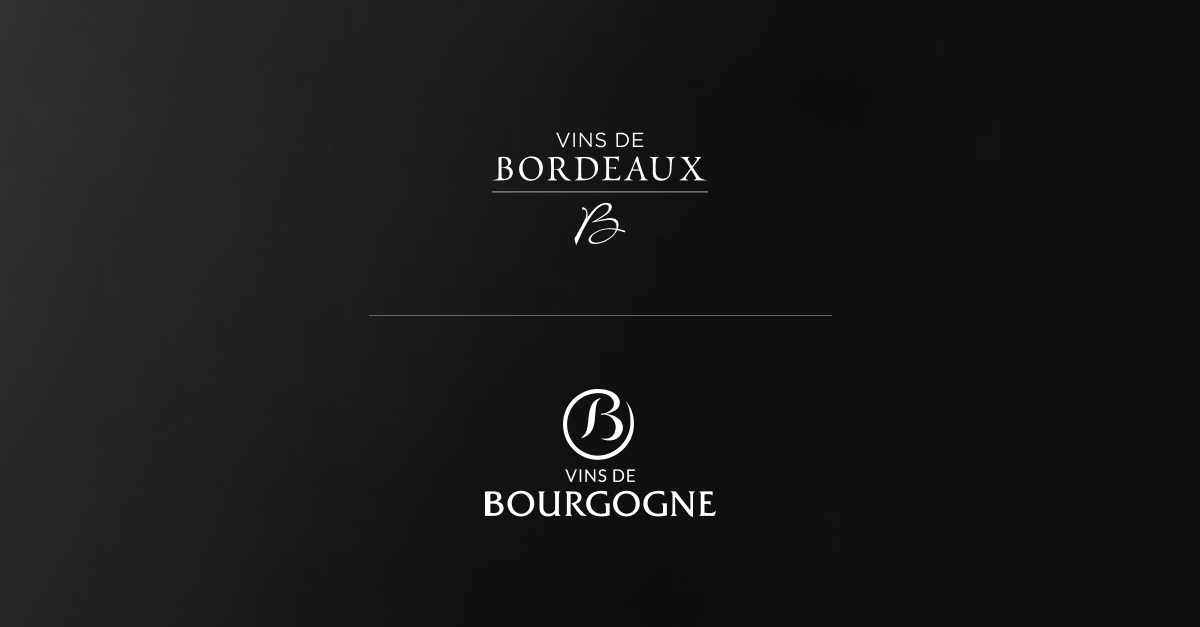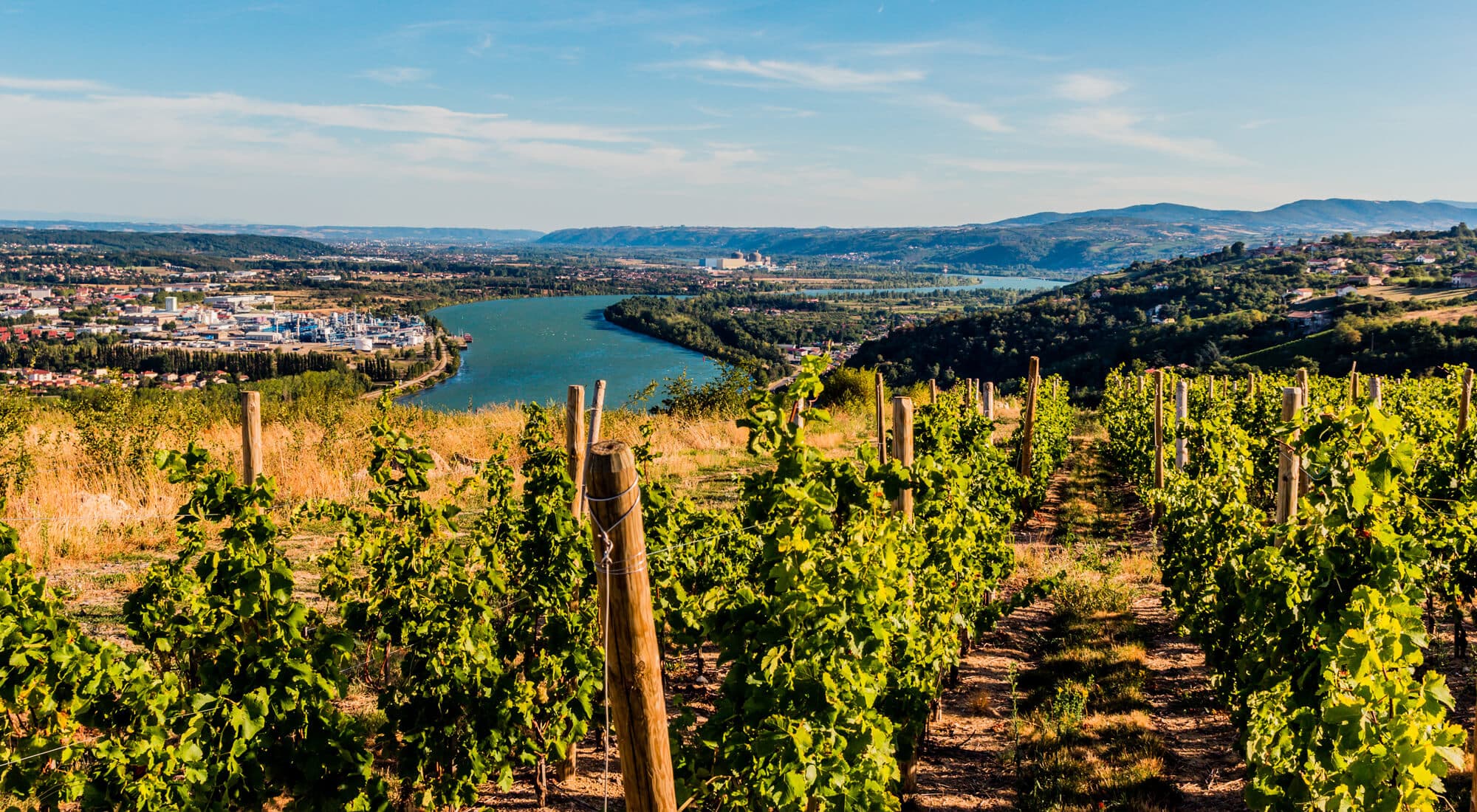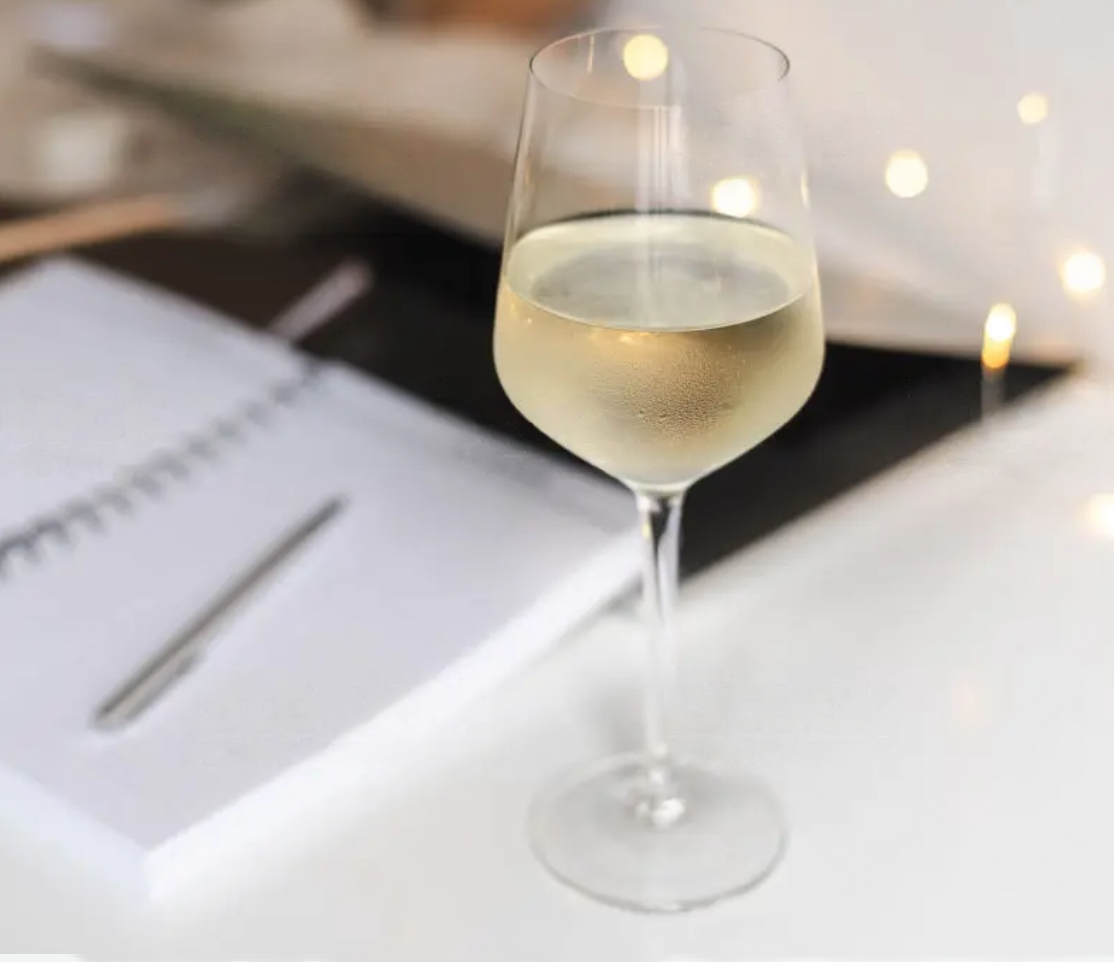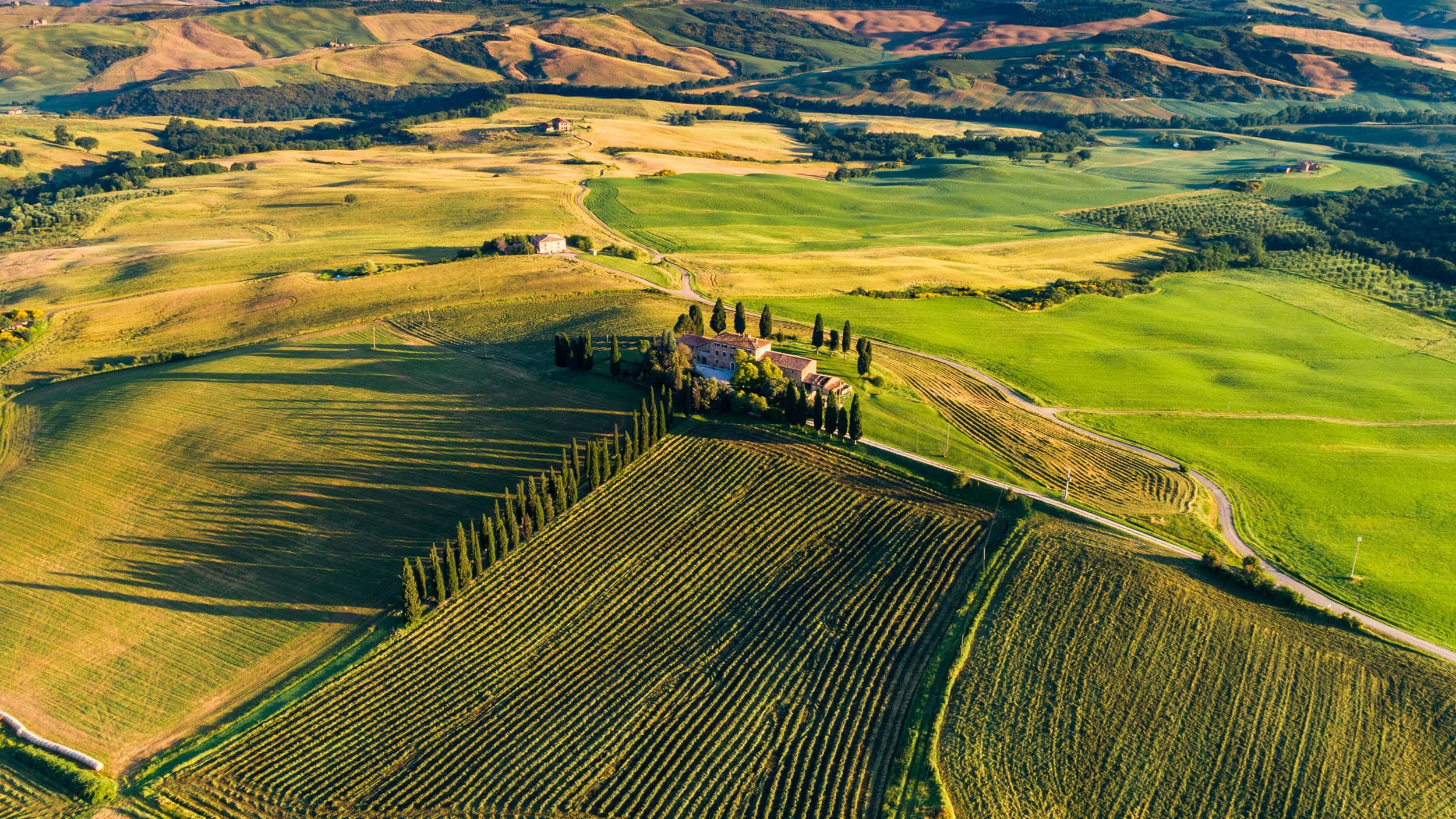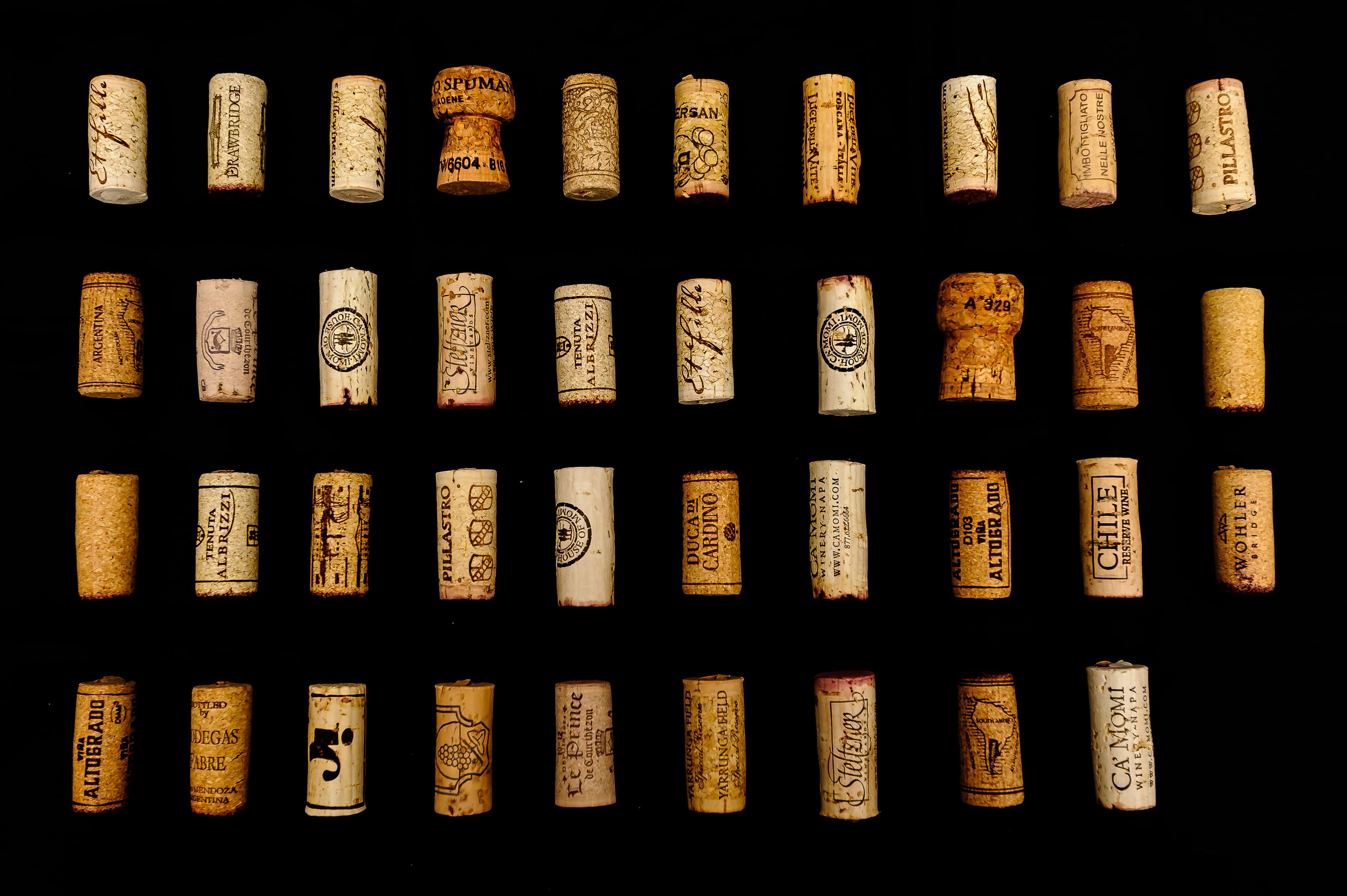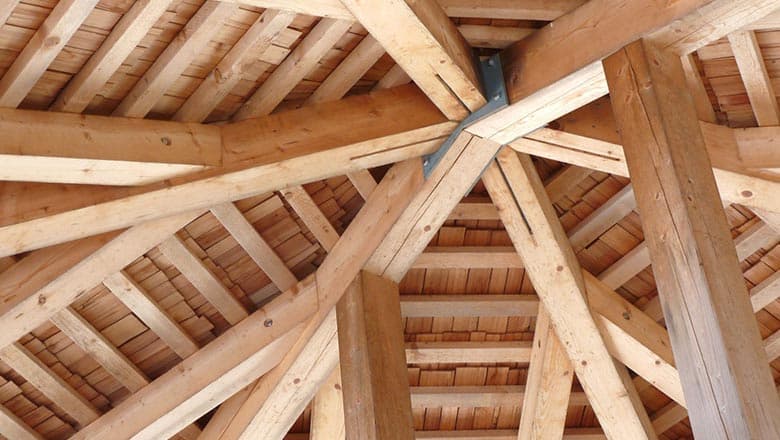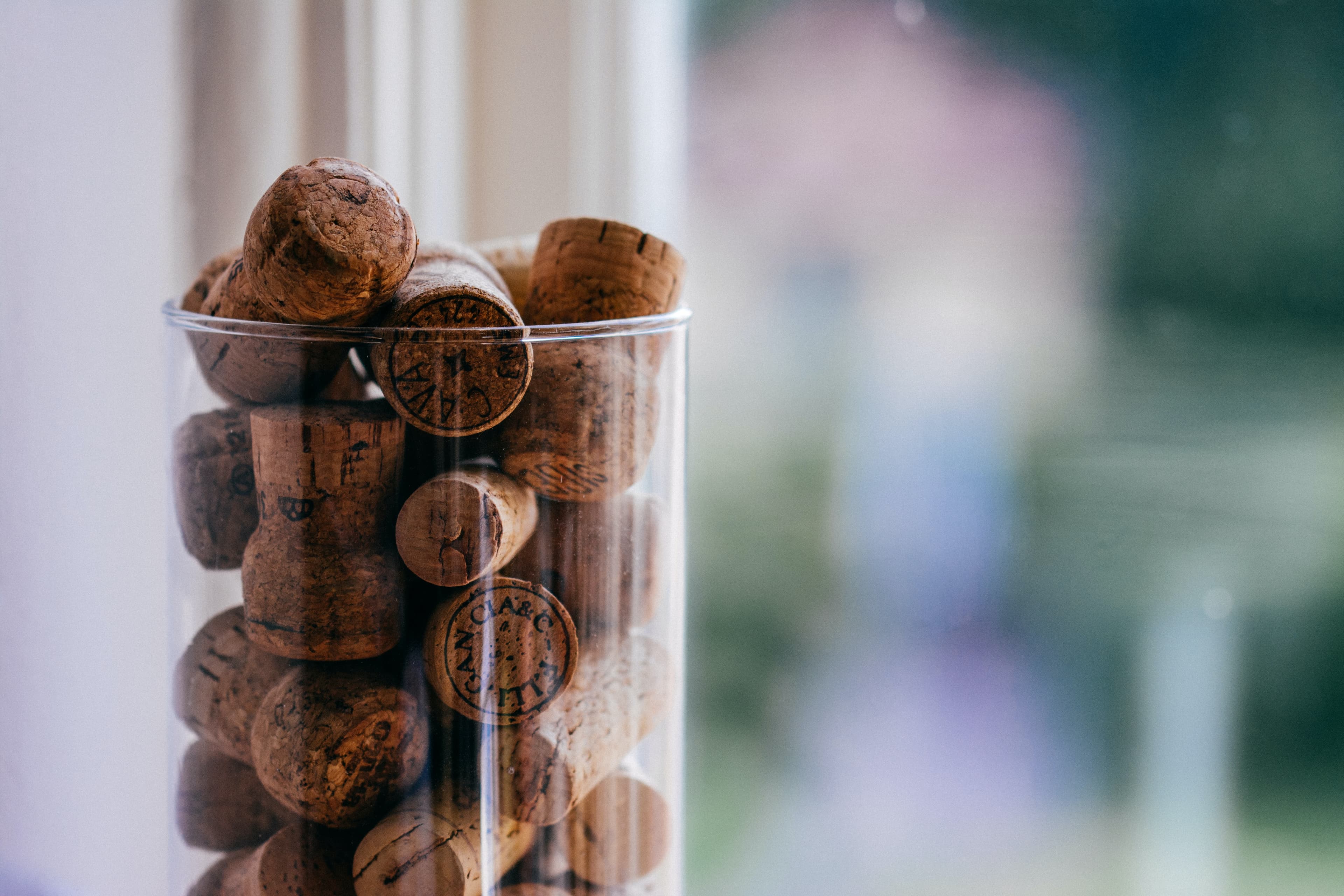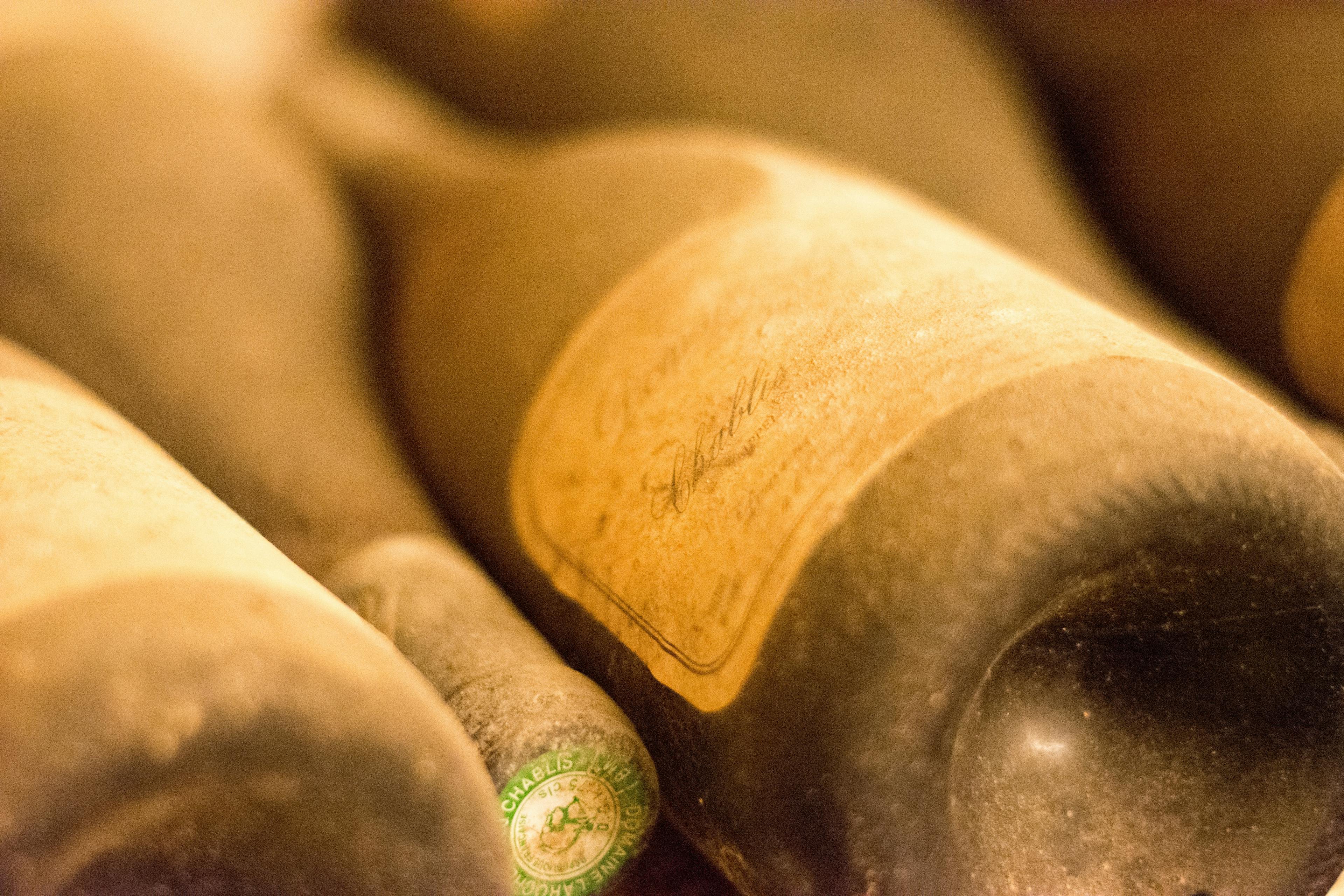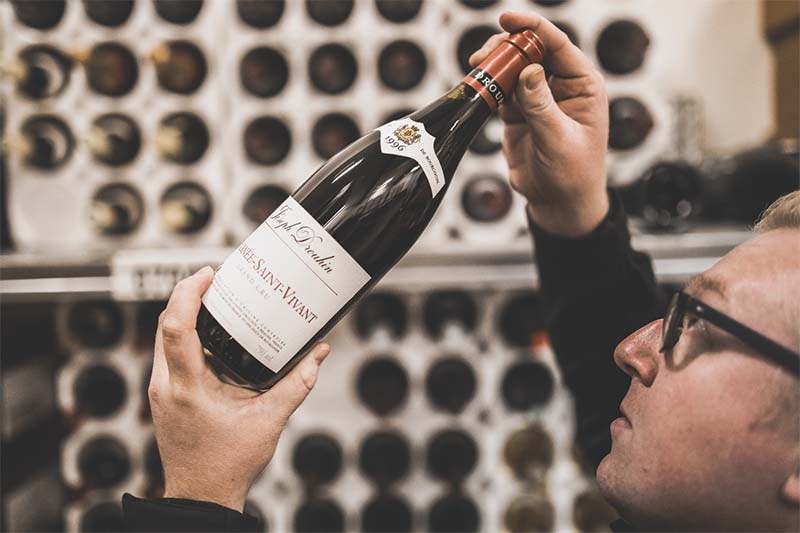
Discover the meticulous craftsmanship that defines Domaine Leflaive, a name synonymous with top-tier Burgundy wines. This prestigious winery, nestled in the heart of Burgundy, France, is renowned for its exceptional approach to viticulture and winemaking. The legacy of Domaine Leflaive is deeply rooted in a commitment to biodynamic practices, which enhance the natural characteristics of their vineyards and result in wines of unparalleled quality. In this article, we delve into the history, techniques, and philosophies that make Domaine Leflaive a paragon of wine excellence, inviting connoisseurs and casual enthusiasts alike to appreciate the nuances of its creations.
The Selection of Grapes: A Detailed Process
The selection of grapes at Domaine Leflaive is a meticulous process that ensures only the highest quality fruit is used to produce their popular vintages. This detailed approach begins with the careful monitoring of vineyard conditions, where soil health and microclimate are continuously assessed to determine the optimal time for harvesting.
Vineyard Inspection: Experts walk through the rows, examining each vine for signs of disease or stress, ensuring that interventions are timely and effective.
Grape Sampling: Small clusters are periodically collected from various parts of the vineyard. These samples are tested for sugar levels, acidity, and tannin content, which are critical indicators of potential wine quality.
Harvest Timing: Deciding when to harvest is crucial. The decision is based on the balance of flavors in the grapes, aiming for a profile that aligns with the estate’s standards for complexity and longevity.
Manual Harvesting: Workers handpick the grapes, selecting only the best bunches. This labor-intensive method helps preserve the delicate skins and prevents premature crushing.
Each step is designed to respect the natural expression of the terroir, ensuring that the wines produced are a true reflection of their origin.
The Role of the Winemaker at Domaine Leflaive
At Domaine Leflaive, the winemaker's role is pivotal in maintaining the estate's reputation for exceptional Burgundy wines. This individual is tasked with overseeing the vineyard management and the entire winemaking process, ensuring that each step meets the high standards set by the domaine. Their responsibilities include:
Vineyard Monitoring: Careful observation of the vineyard's health and growth cycles is crucial. The winemaker decides when to harvest based on optimal grape maturity, which is essential for producing high-quality wine.
Fermentation Management: Controlling the fermentation process is another critical duty. This involves selecting the right yeast strains and managing temperatures to develop desired aromas and flavors.
Aging and Blending: After fermentation, the winemaker oversees the aging process. They must decide how long the wine should age in oak barrels, and later, how different vats will be blended to achieve the perfect balance.
Quality Control: Throughout the process, the winemaker conducts rigorous quality control checks. This ensures that only the best wine makes it to bottling and eventually to consumers.
For more detailed facts about Domaine Leflaive and its winemaking, exploring specific aspects can provide deeper insights into the craftsmanship involved.
Traditional Winemaking Techniques Employed at Domaine Leflaive
At Domaine Leflaive, the dedication to traditional winemaking techniques is evident in every bottle. This esteemed Burgundy winery employs methods that have been honed over generations, ensuring the unique characteristics of their terroir are vividly expressed. Key practices include:
Biodynamic Farming: Initiated in 1997, this holistic approach respects the natural cycles of the vineyard. By treating the vines with biodynamic preparations and following the lunar calendar, Domaine Leflaive promotes a healthier ecosystem.
Hand Harvesting: To maintain the integrity of the grapes, all harvesting is done manually. This labor-intensive process allows for the selection of only the best fruit, crucial for producing high-quality wine.
Use of Indigenous Yeasts: Fermentation with native yeasts is a cornerstone of their methodology. This choice enhances the wine's complexity and ensures a better representation of the vineyard's specific qualities.
Aging in Oak Barrels: Domaine Leflaive ages their wines in French oak barrels, which contributes subtle spice notes and adds to the overall structure of the wine. Each barrel is carefully selected to match the profile of the wine, balancing tradition with precision.
Modern Innovations in Winemaking at Domaine Leflaive
At Domaine Leflaive, the integration of modern innovations with traditional winemaking techniques has significantly enhanced the quality and complexity of their wines. One of the most notable advancements is the adoption of biodynamic farming practices. This holistic approach respects the natural life cycles of the vineyard, promoting a healthier ecosystem that is reflected in the flavor of the wine.
Precision viticulture is another key innovation at Domaine Leflaive. By utilizing advanced technology to monitor soil and vine health, the winery can make more informed decisions that ensure optimal grape quality. This method allows for meticulous control over the vineyard, leading to a consistent and superior product.
The winery has also embraced the use of lighter oak barrels for aging their wines. This subtle shift not only conserves the distinct characteristics of the grapes but also enhances the wine's overall taste. The result is a more balanced profile, where the natural flavors of the fruit are not overshadowed by the wood.
These innovations, among others, underscore Domaine Leflaive's commitment to excellence and their continuous pursuit of perfection in every bottle.
The Aging Process: Barrels and Time
The aging process at Domaine Leflaive is a meticulous practice that significantly influences the flavor and quality of their wines. Central to this process are the oak barrels used, which are carefully selected based on the type of wood and the origin of the oak. These barrels impart subtle aromas and tannins that enhance the wine's complexity and depth.
Over time, the interaction between the wine and the oak in a controlled environment allows for the development of rich textures and flavors. The duration of aging varies depending on the specific cuvée, with some wines maturing for up to 24 months. This extended period in barrels helps to soften the acidity and integrate the elements of the wine seamlessly.
Proper storage conditions are crucial during and after the aging process to maintain the wine's integrity and quality. To learn more about how to store Domaine Leflaive wines safely, it is important to consider factors such as temperature, humidity, and light exposure. Ideal conditions ensure that the wine continues to evolve favorably, developing a balance that can only be achieved through precise and expert aging.
Quality Control Measures at Domaine Leflaive
At Domaine Leflaive, meticulous quality control measures are integral to maintaining their esteemed reputation. Each step, from vineyard management to bottling, is carefully monitored. The vineyards are treated with a biodynamic approach, ensuring that all practices are environmentally sustainable and enhance the vitality of the vines. This method not only supports the ecosystem but also improves the grapes' quality.
In the winery, temperature control is paramount. Fermentation temperatures are precisely managed to ensure optimal yeast activity, which is crucial for developing the wine's complex flavors. Aging the wines involves using oak barrels, which are selected based on strict criteria to match the desired flavor profile. These barrels are regularly tested for quality and consistency.
Moreover, before bottling, each batch undergoes rigorous testing to ensure it meets the high standards set by the estate. This includes laboratory tests and tasting sessions by expert panels. Only wines that pass these stringent tests are deemed worthy of the Domaine Leflaive label.
For more on the history of Domaine Leflaive and how these practices have evolved, visit our detailed section.
The Harvesting Techniques at Domaine Leflaive
At Domaine Leflaive, the harvesting techniques are meticulously designed to ensure the highest quality of grapes, which ultimately serve as the foundation for their esteemed wines. The process begins with the careful timing of the harvest. The vineyard team closely monitors the ripeness of the grapes to determine the optimal moment for picking. This decision is crucial as it impacts the acidity, sweetness, and flavor profile of the wine.
Manual Picking: Workers handpick each grape cluster to preserve their integrity. This method prevents the grapes from being damaged, which could potentially affect the wine's quality.
Selective Harvesting: Only the best grape clusters are chosen during the harvest. This selection ensures that only the highest quality fruit is used in the winemaking process.
Immediate Cooling: Once harvested, the grapes are quickly cooled to maintain their freshness. This step is vital for preventing premature fermentation and preserving the natural flavors of the grapes.
These techniques, combined with a deep respect for the terroir, allow Domaine Leflaive to produce wines that are not only rich in flavor but also reflect the unique characteristics of their vineyards.
The Importance of Yeast Selection in Fermentation
Yeast selection plays a pivotal role in the fermentation process, particularly in the production of high-quality wines like those from Domaine Leflaive. Different strains of yeast can significantly influence the flavor, aroma, and texture of the wine. By carefully choosing the right yeast, winemakers at Domaine Leflaive ensure that each batch of wine maintains the estate’s signature characteristics.
Flavor Profiles: Specific yeast strains help in developing complex flavors that are expected in premium wines. These can range from fruity to earthy tones, each adding a unique layer to the overall taste.
Aroma Enhancement: The aroma of wine is profoundly affected by the type of yeast used during fermentation. Some yeasts are known for producing strong floral or spicy aromas that can make a wine more appealing and distinctive.
Consistency and Quality: Reliable yeast strains provide a consistent fermentation process, crucial for maintaining the quality and style of wine across different vintages.
Adaptation to Environment: Yeasts that can adapt to different environmental conditions, such as temperature and humidity, are vital for ensuring successful fermentation, especially in the variable climates where Domaine Leflaive operates.
Understanding and enjoying the nuances of yeast selection is essential for appreciating the craftsmanship behind each bottle of Domaine Leflaive. This meticulous attention to detail is what sets apart truly exceptional wines.
Blending Artistry: Creating the Perfect Balance
At Domaine Leflaive, the art of blending is akin to a symphony, where each note must harmonize perfectly with others. This meticulous process begins with the selection of grapes that are best suited for their specific vineyards, each contributing unique characteristics to the final blend. The winemakers at Domaine Leflaive employ traditional techniques honed over generations, alongside modern innovations, to ensure that every bottle expresses the essence of its terroir.
The goal is to achieve a balance that complements various food pairings, enhancing both the wine and the meal. To accomplish this, several factors are considered:
Acidity and Sweetness: These elements must counterbalance each other. Wines with higher acidity can refresh the palate when paired with richer, creamier dishes.
Body and Texture: A wine's body should match the weight of the food. Lighter dishes pair well with delicate wines, while heartier meals require a fuller-bodied wine.
Flavor Intensity: The intensity of the wine should be in line with that of the food to avoid overpowering flavors or being overshadowed.
Through this careful blending, Domaine Leflaive consistently crafts wines that are not only outstanding on their own but also elevate culinary experiences.
Packaging and Presentation of Domaine Leflaive Wines
Domaine Leflaive places a significant emphasis on the packaging and presentation of its wines, reflecting the quality and heritage of their prestigious Burgundy vineyards. Each bottle is presented in a manner that speaks to the winery's commitment to excellence and tradition.
Bottle Design: The bottles used by Domaine Leflaive are of a classic Burgundy shape, which not only preserves the wine optimally but also aligns with the traditional aesthetic expected from a high-caliber French winery. The glass is dark, helping to protect the contents from light, which can degrade the quality of the wine.
Labeling: Elegance and simplicity guide the design of Domaine Leflaive's wine labels. They feature a clean, white background with the winery's iconic logo and script. This minimalistic approach ensures that the focus remains on the wine's quality and origin.
Closures: To maintain the integrity of their wines, Domaine Leflaive utilizes natural cork closures. These are selected carefully to ensure they meet the winery's high standards, providing an optimal seal that ages well with the wine.
Packaging for Shipping: When it comes to shipping, the winery uses specially designed boxes that not only protect the bottles during transit but also reflect the brand's luxury status. These packages are sturdy and often bear the winery's insignia, reinforcing the premium nature of the product even before opening.
Through these meticulous details in packaging and presentation, Domaine Leflaive ensures that the experience of their wines begins the moment one lays eyes on the bottle.
Conclusion
In conclusion, the meticulous craftsmanship behind Domaine Leflaive not only highlights the dedication and passion infused in every bottle but also underscores the importance of choosing wines with a storied heritage and exceptional quality. As connoisseurs and collectors, understanding the intricate processes and the storied history of such esteemed vineyards can significantly enhance one’s appreciation and enjoyment of wine.
At Rekolt, we recognize the value of such exquisite craftsmanship and are committed to offering our clients access to these prestigious wines. Moreover, we understand that the proper storage and potential for resale are crucial considerations for wine enthusiasts and investors alike. That's why we provide an option to store your wines in a professional cellar, ensuring that they are preserved under optimal conditions until you decide to enjoy them or offer them for trade. This service not only protects your investment but also simplifies the process of managing your wine portfolio.
Whether you are looking to deepen your collection or seeking to invest in wines with promising appreciation potential, Rekolt and Domaine Leflaive offer the perfect synergy of quality, expertise, and service. Embrace the opportunity to own a part of winemaking history, expertly stored and managed, ready for your future enjoyment or financial benefit.
Share this article
